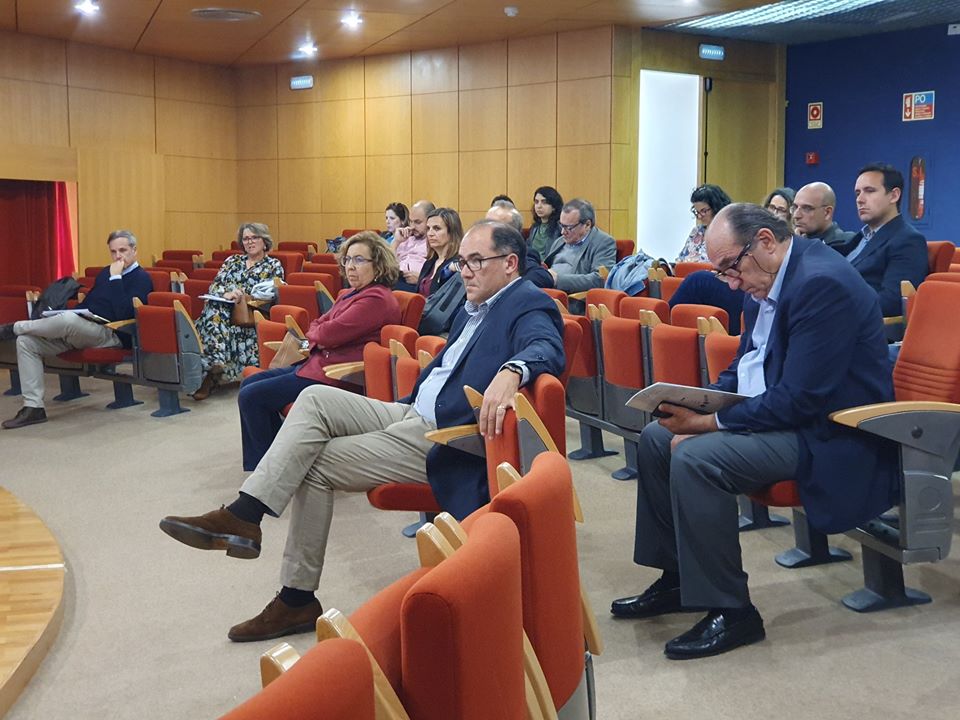Francisco Serra, president of the Algarve's Regional Coordination and Development Commission (CCDR), presented the Regional Strategy for Smart Specialization (RIS3 Algarve) to the Algarve Regional Innovation Council (CIRA), at a meeting held at the University of Algarve (UAlg).
The leader of the CCDR “highlighted the positive evolution of most innovation indicators and the decisive commitment of the academic community and Algarve businessmen in opening the works”.
As a consultative body of the CCDR Algarve, CIRA's specific mission is to monitor and streamline the execution of the Regional Strategy for Intelligent Specialization (RIS3 Algarve), bringing together representatives of public entities, associations, companies and academia.
In this meeting, part of the regional strategy elaboration process for the 2030 horizon, the participants focused on the evaluation of RIS3Algarve, stressing that «the elaboration process was successful» and that «the preparation carried a great diversity into the implementation process. of partners, considerably broadening the perception of the institutional and business fabric as to the implications of the new approach».
The European Commission defined for the period 2021-2027 a set of “Enabling Conditions” that frame the revisiting of the RIS3, a process that started last May at the CCDR Algarve and in which many of the entities responsible for its regional and national coordination took part.
On the governance of RIS3 Algarve, and considering that «in the cases of Regional Innovation Systems of lesser maturity and with greater constraints on productive specialization», it was pointed out that «the elaboration processes also led to an institutional context favorable to the dynamics of implementation could also take place in a collaborative environment and capable of contributing to the consolidation of the respective Regional Innovation Systems».
Not materializing in a funding cycle, particularly in a context of less mature ecosystems, this does not prevent the achievement of major transformation goals to which the National or Regional Smart Specialization Strategies intend to contribute, such as the reinforcement of intelligent knowledge, progress in the value chain and intensifying collaborative practices.
In the specific case of the Algarve, the progress achieved, based on innovation platforms, collaboration networks and CIRA, even if from an absolute point of view, may seem less relevant, which, according to Francisco Serra, «constitutes a relevant qualitative leap for the region”, namely in the changes registered in the innovation ecosystem, with the entry of new actors and in the significant reinforcement of the science and technology structures, where the future Technological Pole deserves to be highlighted.
In addition to the evaluation and revisit of RIS3 Algarve, CIRA members had the opportunity to learn about the current status of the CRESC Algarve2020 operational program and the presentation of the Regional Agenda for the Circular Economy.



















Comments